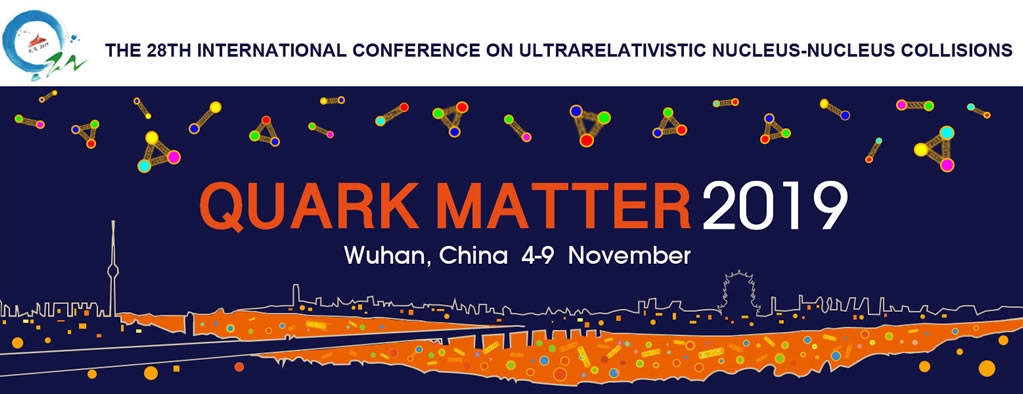Speaker
Description
We examine the relativistic perfect fluid limit, defined as the fastest possible local equilibration,
in a medium with polarizeability, defined as a non-zero local equilibrium partition of angular
momentum into spin and vorticity. We show that the Lagrangian approach is best suited to
analyzing this situation, as it can be used to efficiently avoid issues such as the breakdown of
isotropy, the ambiguity of the energy-momentum tensor definition and the lack of closure of
conservation equations. We obtain the Lagrangian and the equations of motion of an ideal
relativistic fluid with polarization, linearize them, and show that to restore causality a relaxation
term linking vorticity and polarization, analogous to the Israel-Stewart term linking viscous forces
and gradients,is required. We close with an discussion of the phenomenological applicability of the
hydrodynamics with polarization developed here, focusing on the recent finding of Lambda
polarization and resonance spin alignement, and discussing weather observables sensitive to earlytime polarization exist .
